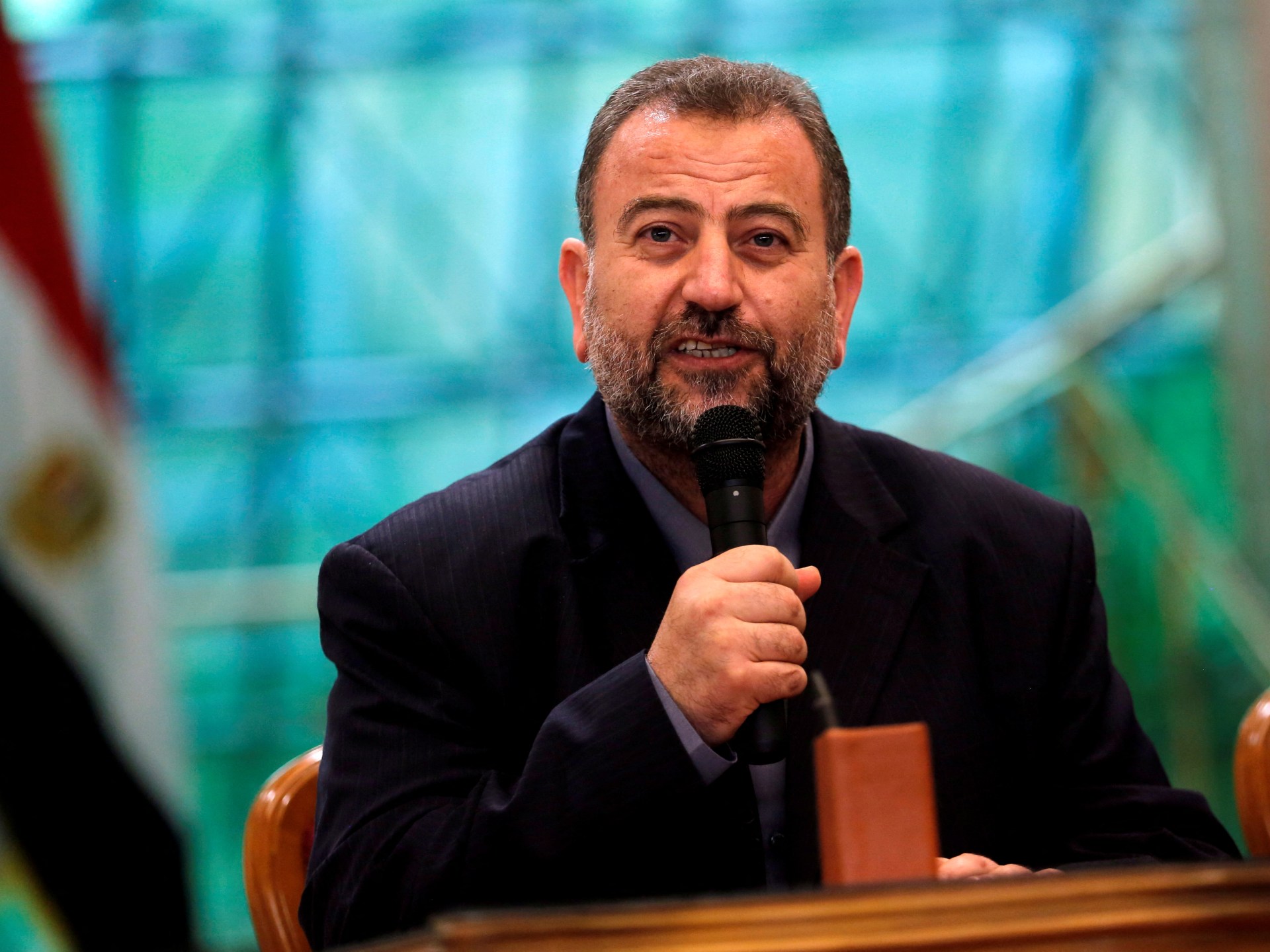 Image source, Getty Images
Image source, Getty Images
Chancellor Jeremy Hunt has unveiled the contents of his Autumn Statement in the House of Commons.
It sets out the government's tax and spending plans for the year ahead, affecting the take-home pay and household budgets of millions of people, as well as setting out how much will be spent on key public services.
Here is a summary of the main measures.
Taxation and wages
Image source, Getty Images
Main rate of National Insurance cut from 12% to 10% from 6 January, affecting 27 million peopleClass 2 National Insurance - paid by self-employed people earning more than £12,570 - abolished from AprilClass 4 National Insurance for self employed - paid on profits between £12,570 and £50,270 - cut from 9% to 8% from AprilLegal minimum wage - known officially as the National Living Wage -
to increase from £10.42 to £11.44 an hour from AprilNew rate to apply to 21 and 22-year-old workers for the first time, rather than just those 23 and over
Benefits and pensions
Image source, Getty Images
Universal Credit and other working-age benefits in England and Wales
to increase by 6.7% from April, in line with September's inflation rateLocal Housing Allowance rates - which determine the level of housing benefit and Universal Credit people receive to pay rent in Great Britain - to be unfrozen and increased to 30% of local rentsWork Capability Assessment to be reformed to reflect availability of home working after Covid pandemicFunding of £1.3bn over the next five years to help people with health conditions find jobsFurther £1.3bn to help people who have been unemployed for over a yearClaimants in England and Wales deemed able to work but who refuse to seek employment
to lose access to their benefits and extras like free prescriptionsState pension payments to increase by 8.5% from April, in line with average earningsConsultation on whether savers get the right to pick the pension scheme their employer pays into - possibly allowing them to have one pension pot for life
How much will benefits increase?Economy and public finances
Image source, Getty Images
Chancellor's package includes 110 measures aimed at boosting economic growthThe independent Office for Budget Responsibility (OBR) expects the economy to grow by 0.6% this year and 0.7% next year, rising to 1.4% in 2025; then 1.9% in 2026; 2% in 2027 and 1.7% in 2028It forecasts that headline inflation - the rate prices are rising - will fall to 2.8% by the end of 2024 and to the Bank of England's 2% target rate in 2025Underlying debt forecast to be 91.6% of GDP next year; 92.7% in 2024-25; 93.2% in 2026-27; before declining to 92.8% in 2028-29Borrowing forecast to fall from 4.5% of GDP in 2023-24; to 3% in 2024-25; 2.7% in 2025-26; 2.3% in 2026-27; 1.6% in 2027-28 and 1.1% in 2028-29
What is the OBR and why does it matter?How does government borrowing work?Business and infrastructure
Image source, Getty Images
"Full expensing" tax break - allowing companies to deduct spending on new machinery and equipment from profits -
made permanentThe 75% business rates discount for retail, hospitality and leisure firms in England extended for another yearHouseholds living close to new pylons and transmission infrastructure to get up to £1,000 a year off energy bills for a decadeFunding of £4.5bn to attract investment to strategic manufacturing sectors, including green energy, aerospace, life sciences and zero-emission vehiclesSome £500m over the next two years to fund artificial intelligence innovation centresFinancial incentives for investment zones and tax reliefs for freeports extended from five years to 10 years, with new investment zones announced for the West Midlands, East Midlands and Greater Manchester, as well as Wrexham and FlintshireA further £80m for new Levelling Up Partnerships to fund regeneration projects in Scotland
Other measures
All alcohol duty
frozen until 1 August next yearDuty rate on tobacco products increases by 2% above RPI inflation; hand-rolling tobacco rise 12% above RPIFuel duty wasn't mentioned so remains 52.95p per litre for petrol and diesel, after the chancellor announced a 5p per litre cut for 12 months in MarchUp to £7m over next three years for organisations like the Holocaust Educational Trust
to tackle antisemitism in schools and universitiesFunding of £5m for Imperial College and Imperial College Healthcare NHS Trust to set up Fleming Centre to work on health innovationsSome £3m for Tackling Paramilitarism Programme in Northern Ireland
Are you a small business owner or self-employed with a young family? How will the Autumn Statement affect you? Share your experiences by emailing haveyoursay@bbc.co.uk.
Please include a contact number if you are willing to speak to a BBC journalist. You can also get in touch in the following ways:
If you are reading this page and can't see the form you will need to visit the mobile version of the BBC website to submit your question or comment or you can email us at HaveYourSay@bbc.co.uk. Please include your name, age and location with any submission.
 Image source, Getty Images
Image source, Getty Images
 Movie
Movie 5 months ago
101
5 months ago
101 






![Presidents Day Weekend Car Sales [2021 Edition] Presidents Day Weekend Car Sales [2021 Edition]](https://www.findthebestcarprice.com/wp-content/uploads/Presidents-Day-Weekend-car-sales.jpg)



 English (United States)
English (United States)